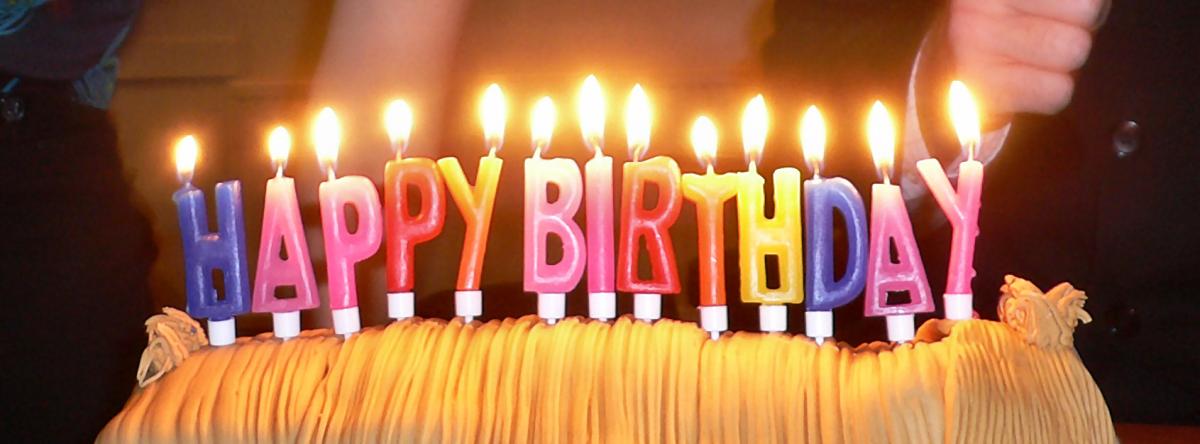Social anxiety warps our brains over the years so that we misperceive and misinterpret social situations, other people, and how we are coming across to others. We have been thinking irrationally for many years, and so changing our thinking to a more positive and rational direction can take some time and effort.
 One small experiment is the "Look around technique" -- something relatively easy to do. You simply look around your environment, slowly, to see how many people are actually looking at you and observing your every movement or body language.
One small experiment is the "Look around technique" -- something relatively easy to do. You simply look around your environment, slowly, to see how many people are actually looking at you and observing your every movement or body language.
What most people who test this out find is that people are usually not observing them to taking note of their presence nearly as much as they may have thought beforehand. You can prove to yourself what other people are doing and how they're responding to your presence if you use it.
Getting a handle on how to make our thinking more rational helps us see the world (and ourselves) more accurately. Most people with social anxiety are surprised when we "prove" out the truth to them. Testing things out or "proving" the truth out to yourself is the only way to switch from an irrational to a rational viewpoint of a situation.
Using behavioral therapy, we do small experiments to prove to ourselves what is actually happening in social situations. Some examples of these experiments include:
Doing something purposely foolish in a public place, like dropping a tray at the food court, and seeing if others react with anger or negatively, or if they generally just ignore or don't notice you at all.

Singing "Happy Birthday" to a member of the group very loudly, to see how many other people around you react negatively. What we usually find is that others are either smiling and singing along, or simply going about their own lives, having their own conversations, etc...
There are many other experiments that can be done and which are talked about in the therapy material, "Overcoming Social Anxiety: Step by Step"
Does everyone dislike us?
Are people always staring at us with judgment in their eyes?
Do people dislike us as much as we have been conditioned to think in the past?
Questions like this need answers that you will rationally accept, and the only way to achieve this is through the small behavioral experiments. You can prove to yourself what is rational and what is not. Then, if you doubt the findings, you can repeat the experiment or do it in another situation. People may tell you that you will almost always get the same result, but until you prove that to yourself, you will not experience a real "feeling" of relief from anxiety in these situations.
